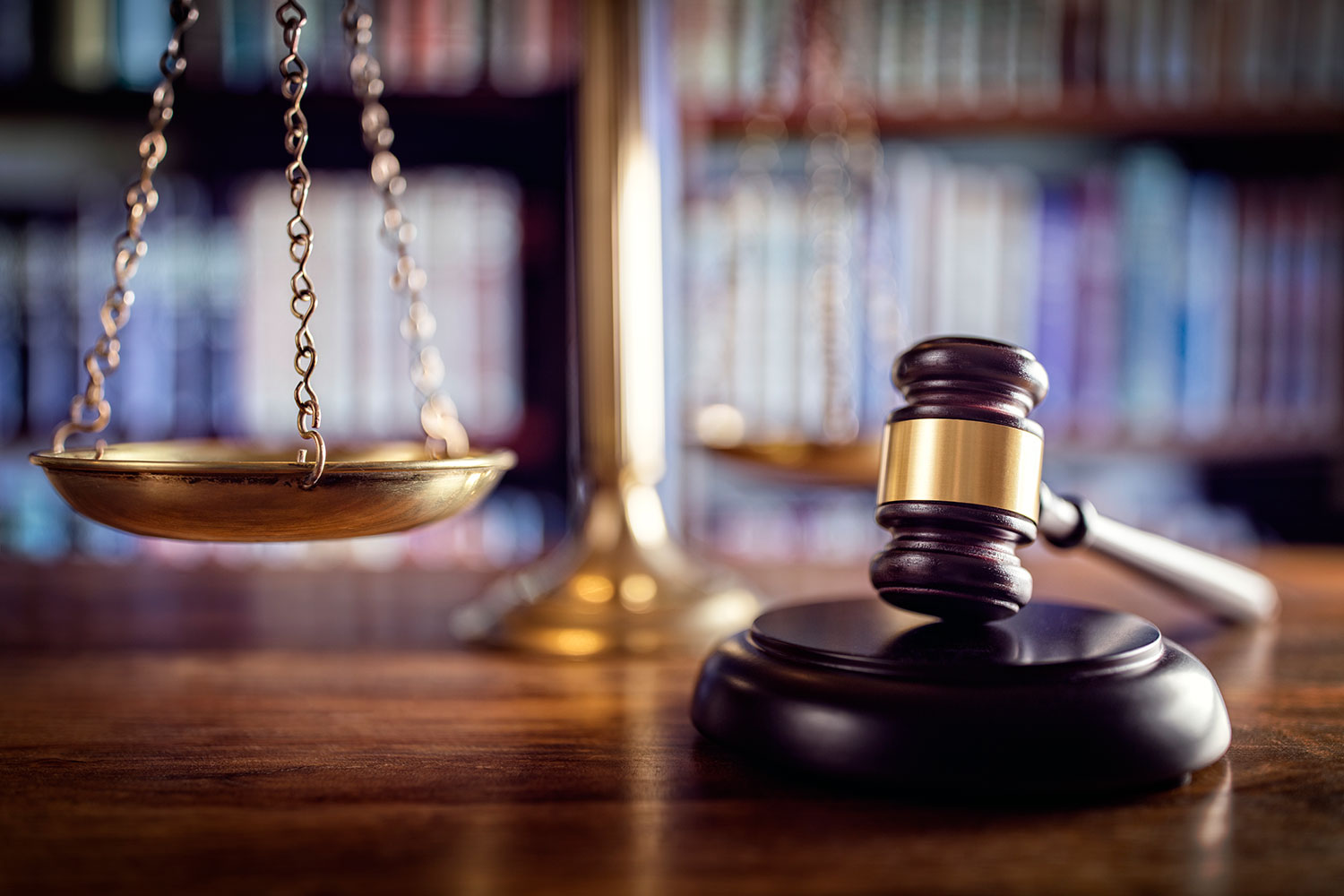
Religious Discrimination Lawyer
New York state laws safeguard everyone’s ability to exercise their faith. And at The Howley Law Firm, we work to protect your right to practice your faith.
Following years of representing global organizations, we established The Howley Law Firm. We provide top-notch legal counsel to professionals, individual executives, and workers. Our service is personalized, and we’ll discuss every detail of your case in person. Our religious discrimination attorney will concentrate on fighting for your employment rights.
Call our team today at (212) 601-2728 to learn how our religious discrimination lawyers can help you.
What Constitutes as Religious Discrimination?

It is illegal to discriminate against workers and job seekers in New York because they subscribe to structured faiths, per Title VII, Civil Rights Act of 1964. Islam, Christianism, Hinduism, and Judaism, are among the faiths. You should not discriminate against someone because they have genuine ethical, religious, or moral convictions. It does not matter whether such beliefs are unusual, non-theistic, or new.
Additionally, the law also safeguards the rights of workers who face prejudice. This can come from marriages or affiliation with a member of a certain faith. Or it can be because the staff member doesn’t believe in the employer’s faith.
The laws forbid an employer from harassing workers. Furthermore, they restrict employers from taking unfavorable employment measures against them. The unfavorable situations include rejecting increases or promotions, enforcing punishment, or dismissing workers.
The Act and many local laws demand that employers provide rational religious amenities to staff. And the amenities consist of annual or scheduled changes to allow employees to observe religious holiday breaks.
Additionally, exceptions to grooming guidelines and dress codes allow employees to wear religious clothing. They also have the option of grooming themselves. Such arrangements are necessary until employers establish that such adjustments could cause challenges.
Laws Governing Religious Discrimination
Integrating religious observance, irrespective of religion may be challenging for employers and employees. But, state and federal legislation guarantees that New Yorkers may combine employment duties and still adhere to their faith while at it.
Religious Observance Days
New York State law demands that employers must allow their employees to celebrate holy days. And this is as long as doing so does not impose an “undue hardship.” The employer may compel employees to make up work missed later. They may charge time lost against paid annual leave or sick leave. Or take unpaid leave for time not charged or made up for paid leave.
Reasonable Accommodation of Religious Beliefs by Employers
Employers should offer reasonable religious accommodation based on state and federal law for an employee’s religious views. An exception is if it would impose an unwarranted burden on the company.
A reasonable religious accommodation permits employees to practice their religious convictions and still allows workers to make small changes to the work setting. Protected religious principles include those of established, organized faiths. And also those who don’t belong to a sect or recognized organization despite having many individuals as followers.
You must recognize that the law protects all components of a person’s religious practices. However, workers must inform their boss of the necessity for accommodation. They should also give enough time and details for the employer to test the request.
While workers and employers should collaborate to accommodate the request, the employer may also inquire about religious practices. The reason is to analyze such requests and establish the best way to put them into practice. As a result, an employer is not compelled to provide the precise accommodation sought. And especially if the accommodation fits the worker’s religious concerns.
Accommodation Options
Religious accommodations can include
- Alterations to the schedule
- Dress code exemptions
- Designating a prayer space at work
Accommodations could comprise lateral transfers or adjustments to employment standards. Employers may establish a flexible schedule and leave arrangements to allow workers to meet their religious obligations. For instance, flexible work breaks, flexible arrival and departure times, and usage of lunch hours in return for an early exit. Also, phased work hours.
Employers may help staff to change shifts with coworkers as guided by New York State Human Rights Law. But only when no other acceptable accommodation exists.
Safeguarding Against Religious Discrimination, Retaliation, and Harassment
Federal and state laws prohibit employers from:
- Discriminating against applicants or employees due to their religious practices or beliefs in any aspect of work. And this includes recruiting, hiring, benefits, promotions, and discipline.
- Harassing employees due to their religious views or customs
- Fight back against jobseekers or workers who report suspected workplace religious prejudice.
Here are some examples of illegal religious discrimination:
- Use of anti-Semitic insults at work to create a toxic work environment
- Discriminating against a worker because they wear a hijab, yarmulke, or turban
- Laying off an employee when they refuse to pray with the employer
- Declining to adjust a timetable to accommodate a Sabbath devotion by an employee
If you’ve been a victim of any of these acts, a religious discrimination attorney can help you fight for your rights.
What To Do if You’ve Been a Victim of Religious Discrimination
You might be eligible to file a complaint if you experience workplace discrimination. This involves filing a formal complaint with your employer or filing a suit at an employment tribunal.
But, in other cases, your employer may be able to prove your treatment was for legitimate business. Or that it was for safety and health grounds unrelated to your faith or belief. When this is the situation, it is not considered discrimination.
The Howley Law Firm Is Here To Defend You

Appropriate training for supervisors and recruiting managers can reduce the likelihood of discrimination. It can be wise to have a visible employee handbook. And it should outline the company’s anti-discrimination policy and grievance procedures. Employers should seek legal advice in the case of a complaint on the inquiry and recording of the claims and any measures by the employer.
Religious discrimination attorneys can counsel you on whether to place a claim. They can also advise you on the possible damages and the best evidence to use. Contact our religious discrimination lawyer at Howley Law Firm. We will help you if you believe your employer has infringed on your religious rights.
Religious Discrimination FAQs
Answers to Frequently Asked Questions
Yes. Religious discrimination is prohibited under both New York state and federal law.
Under federal law, it is illegal for an employer to discriminate against an employee on the basis of religion. The Civil Rights Act of 1964 prohibits employers from discriminating against employees in hiring, firing, or other terms and conditions of employment based on race, color, religion, sex, or national origin.
The New York State Human Rights Law also prohibits religious discrimination in employment. Under this law, it is illegal for an employer to discriminate against an employee on the basis of religion, creed, or religious practice. The New York State Division of Human Rights (DHR) is responsible for enforcing the Human Rights Law.
If you believe that you have been subject to religious discrimination, you may file a complaint with the Equal Employment Opportunity Commission (EEOC) or the New York State Division of Human Rights (DHR).
In New York, religious discrimination is defined as treating someone unfavorably because of their religious beliefs. This includes things like refusing to hire them, pay them equally, or promote them because of their religion. Additionally, it is illegal to harass someone at work because of their religion. This includes making offensive comments or jokes about their religion, or forcing them to participate in religious activities that they do not want to participate in.
There are a few ways to prove religious discrimination in New York. One way is to show that you were treated differently than other employees who do not share your religion. For example, if you were denied a promotion or raise that you otherwise qualified for, or if you were passed over for a job that you applied to, because of your religion, this may be evidence of discrimination.
Another way to prove religious discrimination is to show that your employer has a policy or practice that has a disparate impact on employees of your religion. For example, if your employer requires employees to work on Sundays, and this disproportionately affects employees of your religion, this may be evidence of discrimination.




